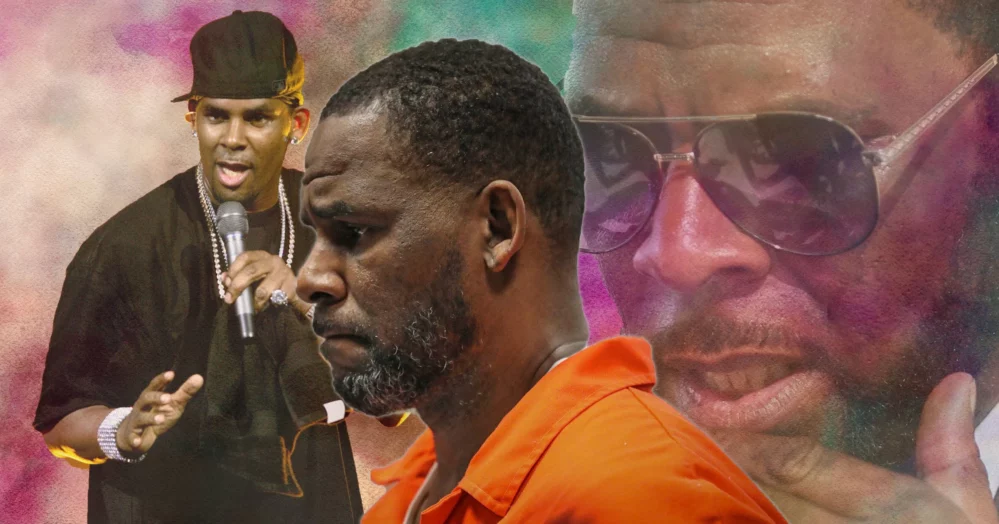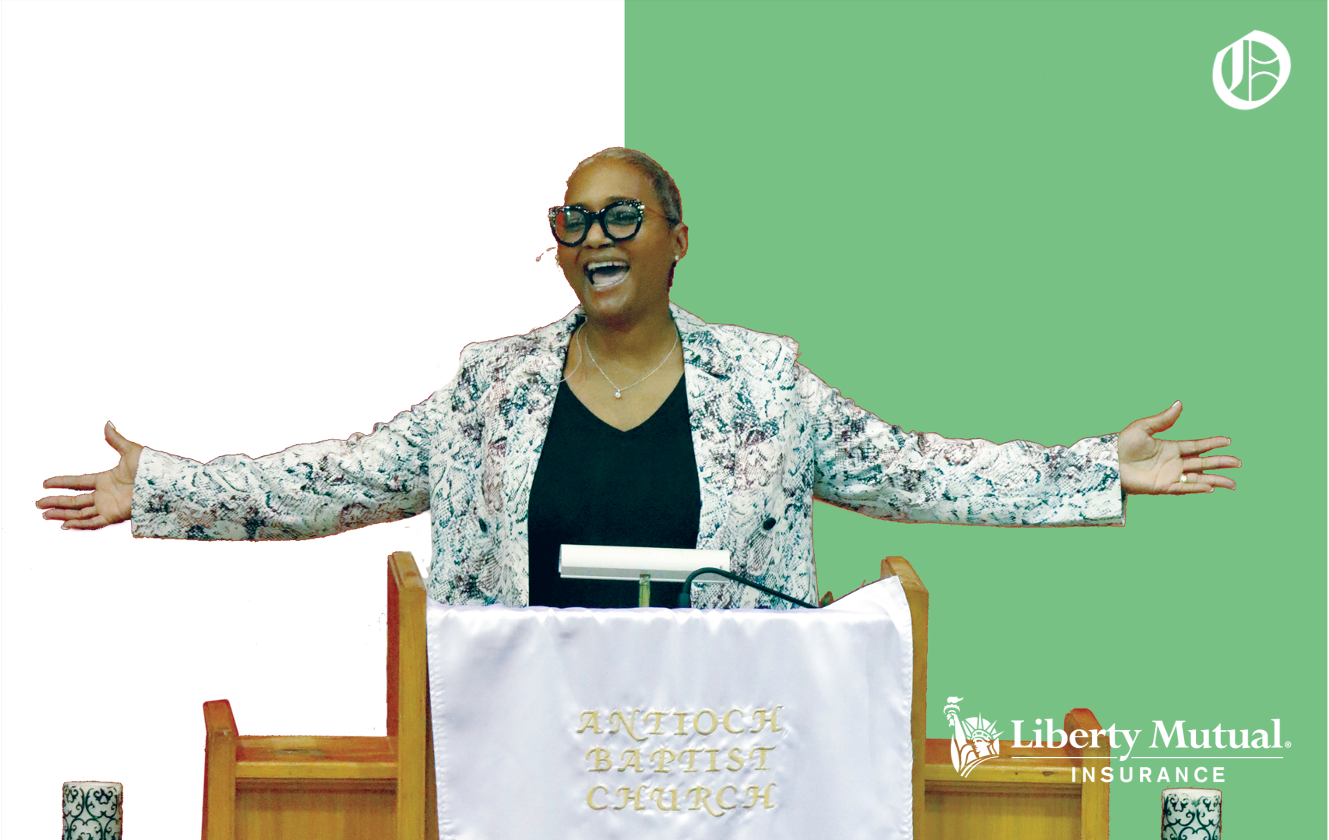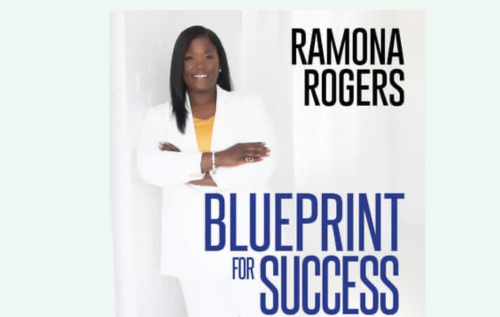
The conviction of R. Kelly on all nine counts against him came as a significant moment in the Me Too movement for both Black women and for the music industry, ushering in a sense that, finally, justice had been served.
But the verdict on Monday also prompted an obvious question: Women have said that the singer’s abuses began as early as the start of the 1990s — why did it take three decades for the singer to receive criminal punishment?
Here are a few possible answers:
The entertainer had an expansive network of enablers around him, federal prosecutors said, from his closest confidantes and employees to many in the music industry who knew of the concerns about his behavior but did not intervene.
The government drew attention to what has been described as the “settlement factory” that kept his accusers quiet, offering evidence of Mr. Kelly’s payments to women who made accusations in exchange for their silence.
And when that was not enough, Mr. Kelly “used his henchmen to lodge threats and exact revenge,” blackmailing women with nude photographs of themselves or embarrassing information, one prosecutor, Elizabeth Geddes, said in closing arguments.
Federal prosecutors also accused Mr. Kelly of paying witnesses to not cooperate with the authorities in the lead-up to his 2008 trial and acquittal. They said the singer let some witnesses know they could be “subject to physical harm” if they proceeded.
There are some cultural factors that may have helped Mr. Kelly avoid consequences for his behavior as well.
Legal experts and people who study sexual abuse have also suggested that the race of most of Mr. Kelly’s accusers likely played a role. Experts say Black women have historically been far more likely than white women to have their accusations about sexual misconduct distrusted or ignored.
“Our reality is that our society just does not view Black women and girls as credible,” said Kenyette Barnes, a co-founder of the #MuteRKelly campaign. “We assume that 15-year-old Black girls have the cognitive ability to manipulate a grown man.”
And some superstars have admitted that the race of the accusers shaped their perceptions in Mr. Kelly’s case.
“I didn’t value the accusers’ stories because they were Black women,” Chance the Rapper, who is from the singer’s hometown, Chicago, said during the “Surviving R. Kelly” documentary series.
Some of Mr. Kelly’s steadfast supporters continue to believe he is the victim of a larger, racist conspiracy to keep successful Black men from thriving, and that view was once more widespread in Black communities before his trial, experts note.
As a former television critic at The New York Times, Aisha Harris, said, two cultural touchstones — “Chappelle’s Show” and “The Boondocks” — also helped shape the perception of the accusations against R. Kelly through humor, keeping audiences amused instead of troubled.
The cultural climate has also changed dramatically since the allegations against Mr. Kelly first began to surface. After the singer pleaded not guilty to the charges that led to his 2008 trial, he performed alongside children at a church in Chicago the same day. He was embraced by the congregation.
Kelly is set to be sentenced at 10 a.m. on May 4 by the same federal judge who oversaw his racketeering and sex trafficking trial in Brooklyn. Mr. Kelly, 54, faces 10 years to life in prison.
The intervening months will be busy. In the next few weeks, Mr. Kelly’s lawyers can file motions seeking to overturn the verdict. Mr. Kelly also faces charges in at least two other states, including federal child pornography and obstruction counts in Chicago. That trial has been postponed several times, and a new date has not been set. A court conference in that case has been set for Oct. 20.
Mr. Kelly’s lawyer said he didn’t know if that trial would go forward before the sentencing, or if Mr. Kelly would be moved to Chicago from the Brooklyn detention facility where he has been held for the duration of the New York trial. But the Chicago case will proceed, and it is likely that Mr. Kelly will eventually be moved there to face those charges.
At the Brooklyn sentencing, Judge Ann M. Donnelly will be able to consider victim-impact statements and testimony from Mr. Kelly’s accusers, some of which will be filed with the court ahead of time.










